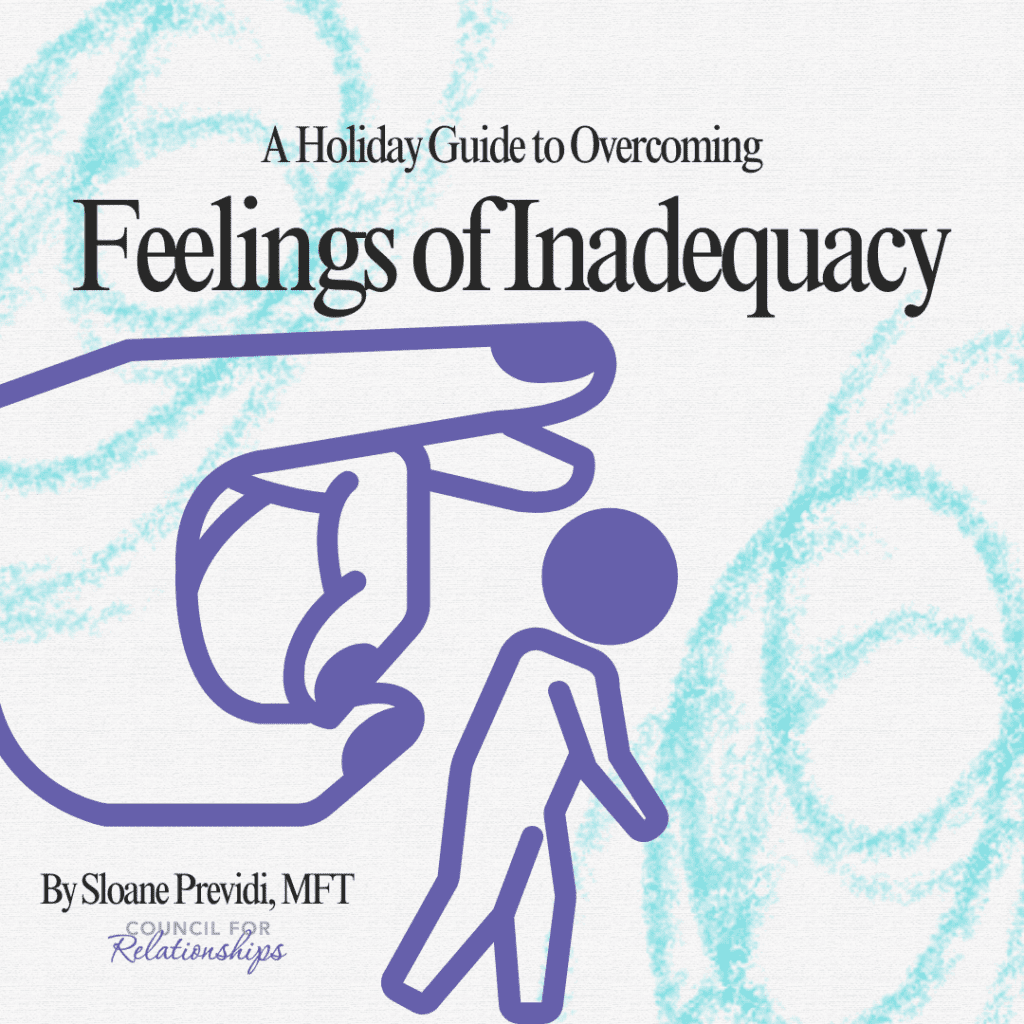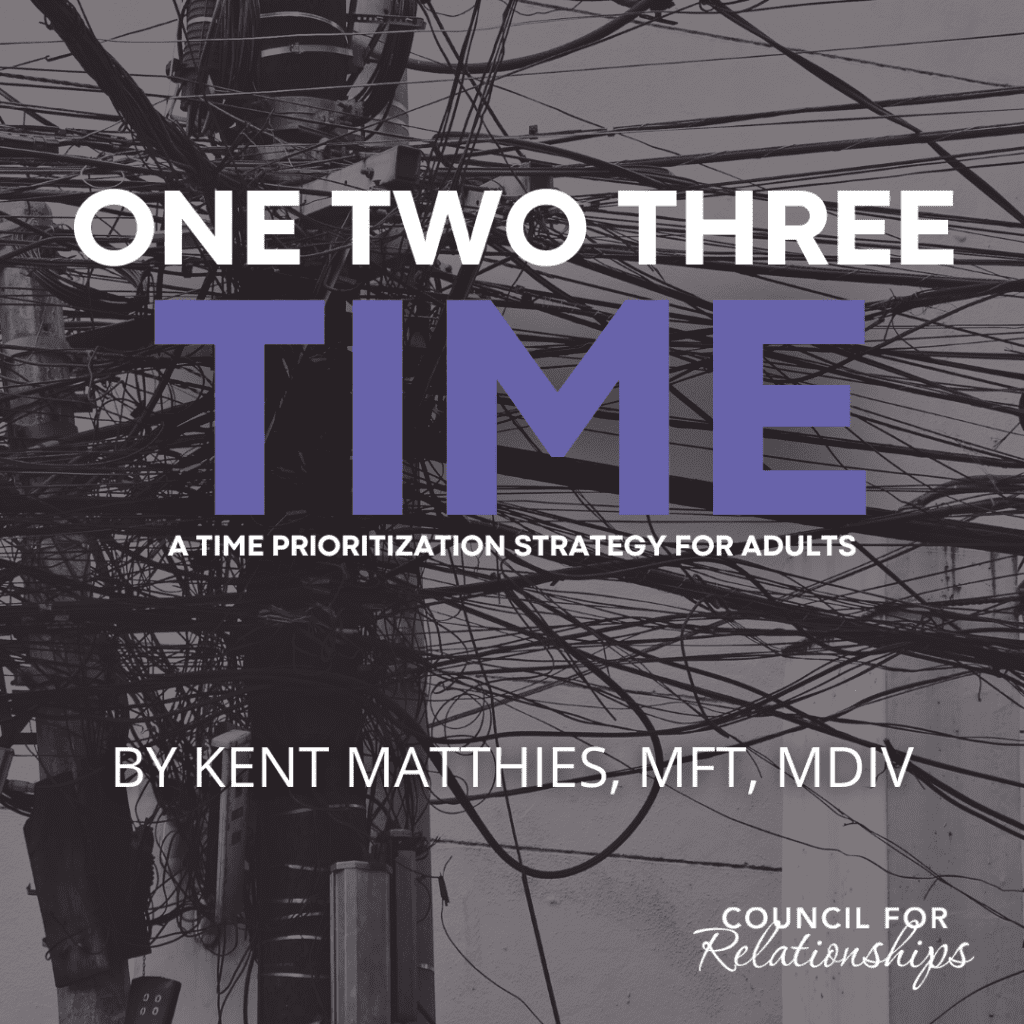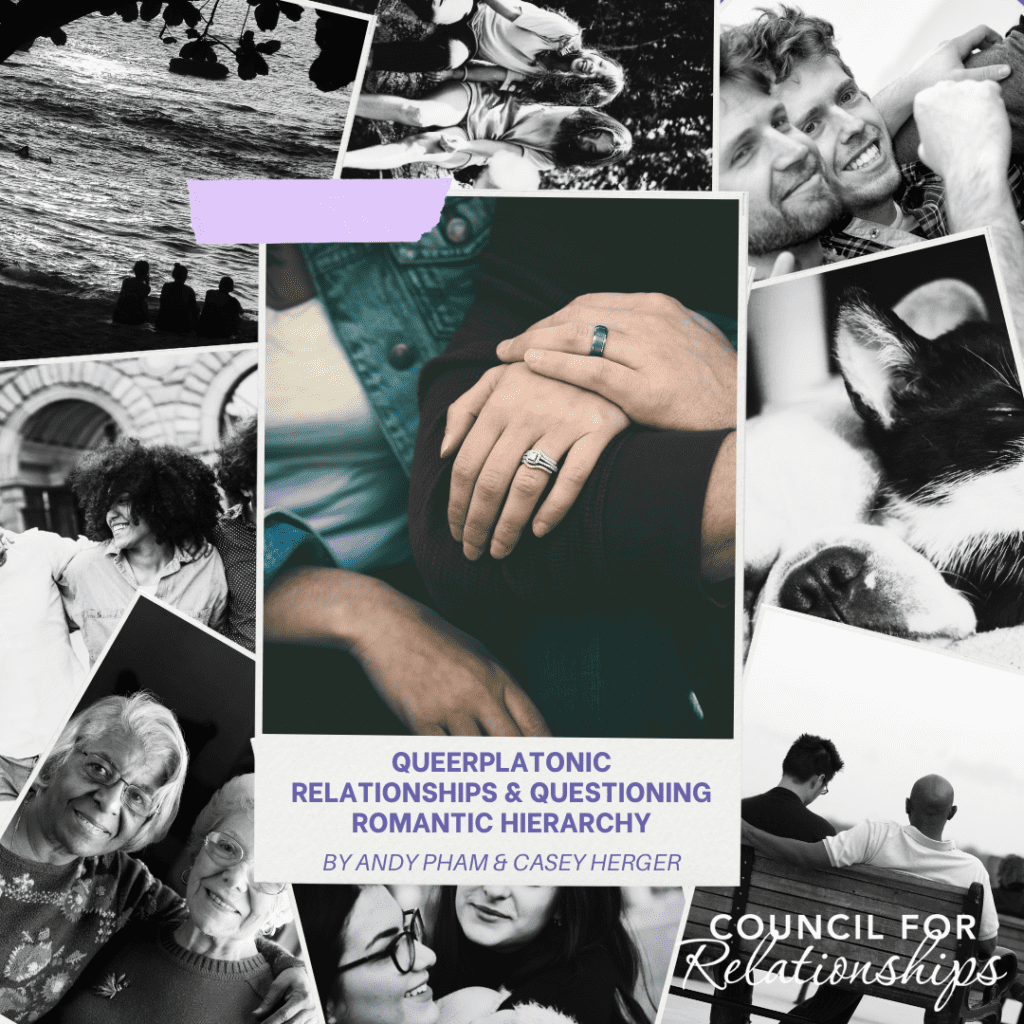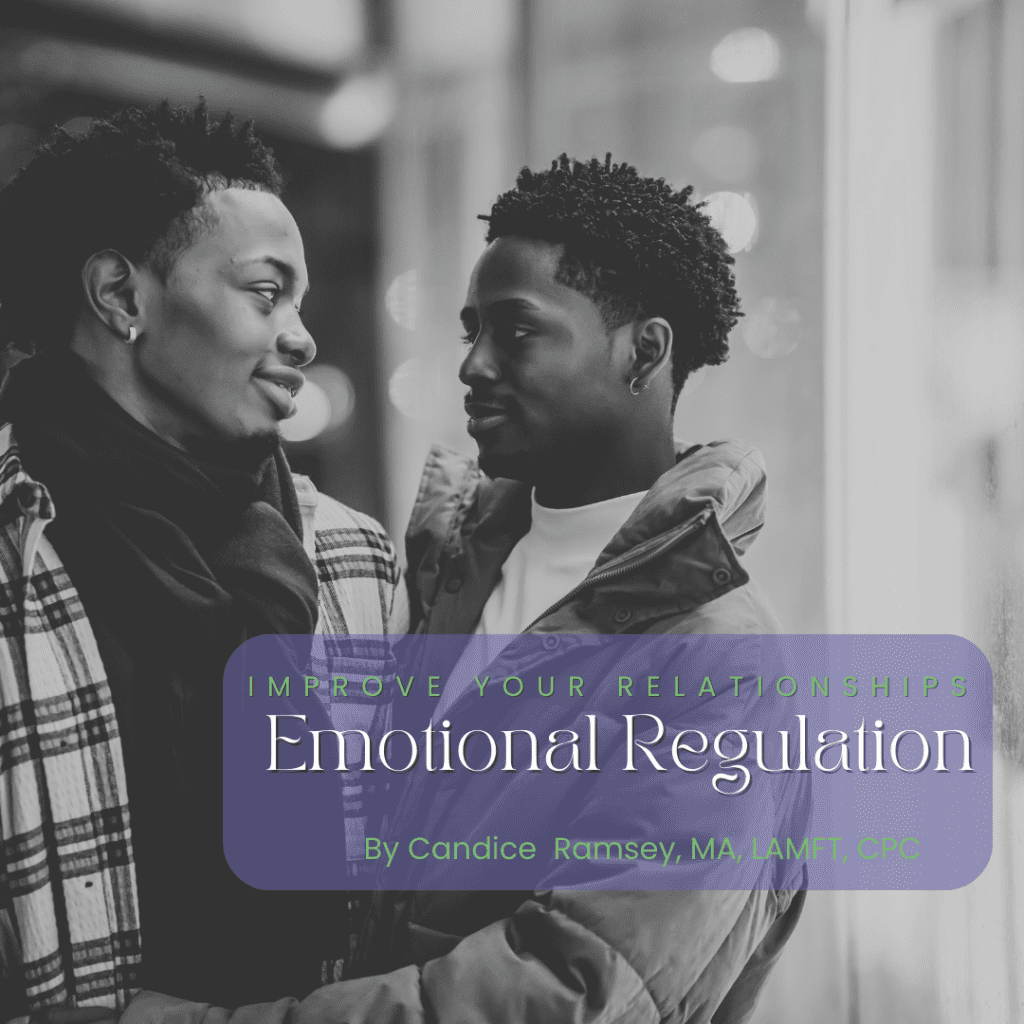Are you and your partner or partners satisfied with the current state of your relationship? Learn more about our $99 Relationship Checkup.
Search for a therapist, a psychiatrist or other content:
Category » Friendship

How to Overcome Feelings of Inadequacy During the Holidays
The holiday season is often portrayed as a time of joy, connection, and celebration, but for many, it can magnify feelings of inadequacy and loneliness. Social media platforms and societal…
Read More
One Two Three Time: A Time Prioritization Strategy for Adults
In the hustle of modern life, understanding and managing personal time is critical to enhancing well-being. In fact, a recent survey found that when rating on a scale of 1-10,…
Read More
Queerplatonic Relationships & Questioning Romantic Hierarchy
This blog discusses the overlapping of different types of relationships, particularly in queerplatonic bonds. It also explores the complexities of human connections. Queerplatonic relationships go beyond labels and involve people…
Read More
Mental Health Lessons from Hallmark Holiday Movies
Hallmark is popular during the holidays for its stories of love, tradition, and family. It also provides us with plenty of valuable mental health lessons. Hallmark’s holiday films teach us…
Read More
Emotional Regulation: Everything You Need to Know to Improve Your Relationships
Many of us struggle with regulating (or managing) emotions. Looking inward and taking stock of our emotional regulation skills is critical to maintaining healthy adult relationships. Often, the source of…
Read More